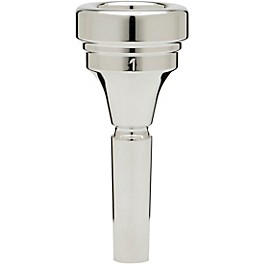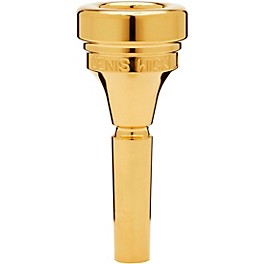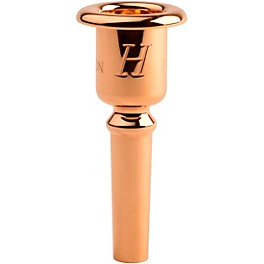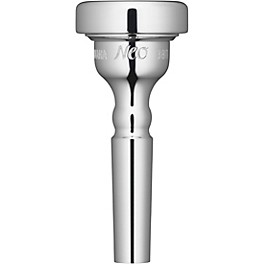Guitars
Guitars
Amps & Effects
Amps & Effects
Used & Vintage
Keyboards & MIDI
Keyboards & MIDI
Drums
Drums
DJ Equipment
DJ Equipment
Basses
Basses
Recording
Recording
Live Sound
Live Sound
Accessories
Accessories
Mics & Wireless
Mics & Wireless
Music Software
Music Software
Lighting
Lighting
- Popular Brands
Band & Orchestra
Band & Orchestra
Platinum Gear
Deals
Deals
New Arrivals
Alto Horn Mouthpieces
Related Searches:
Relevance
1-4 out of 4 products
Special Financing Available
Learn More
Special Financing Available
Learn More
Special Financing Available
Learn More
Special Financing Available
Learn More
1-4 out of 4 products
- Previous
- 1
- Next
With that said, you don't need to break the bank to get a great-sounding mouthpiece. The Bach and Denis Wick Alto Horn Mouthpieces in Silver are excellent performers that won't stretch your budget, so if you're equipping a first horn or looking for a "daily driver" mouthpiece that you won't feel guilty about subjecting to heavy use, these are the ones to look at. They're respectable upgrades over stock mouthpieces, and come well-recommended by players of all kinds.
If, on the other hand, you're looking to go the extra mile with a premium mouthpiece, check out some of the higher-end options such as the Denis Wick Heritage Series Alto Horn Mouthpiece. This vintage-styled, two-tone model has its weight carefully distributed to improve the power of the sound without sacrificing control. It's a callback to the famed Hawkes Company mouthpieces of the 1880s, with a dose of modern technology applied to refine that design even further.
Ultimately, the perfect alto horn mouthpiece for you is a matter of personal preference. While many players will appreciate a prestigious model like the Denis Wick Heritage Series mouthpiece, it's entirely possible that you might prefer the tone from a more basic one. You're the only person fully qualified to know your own tastes, so think about what kind of tonal quality you want to get out of your mouthpiece. Base your decision on that, and you can't go wrong.
.jpeg)





